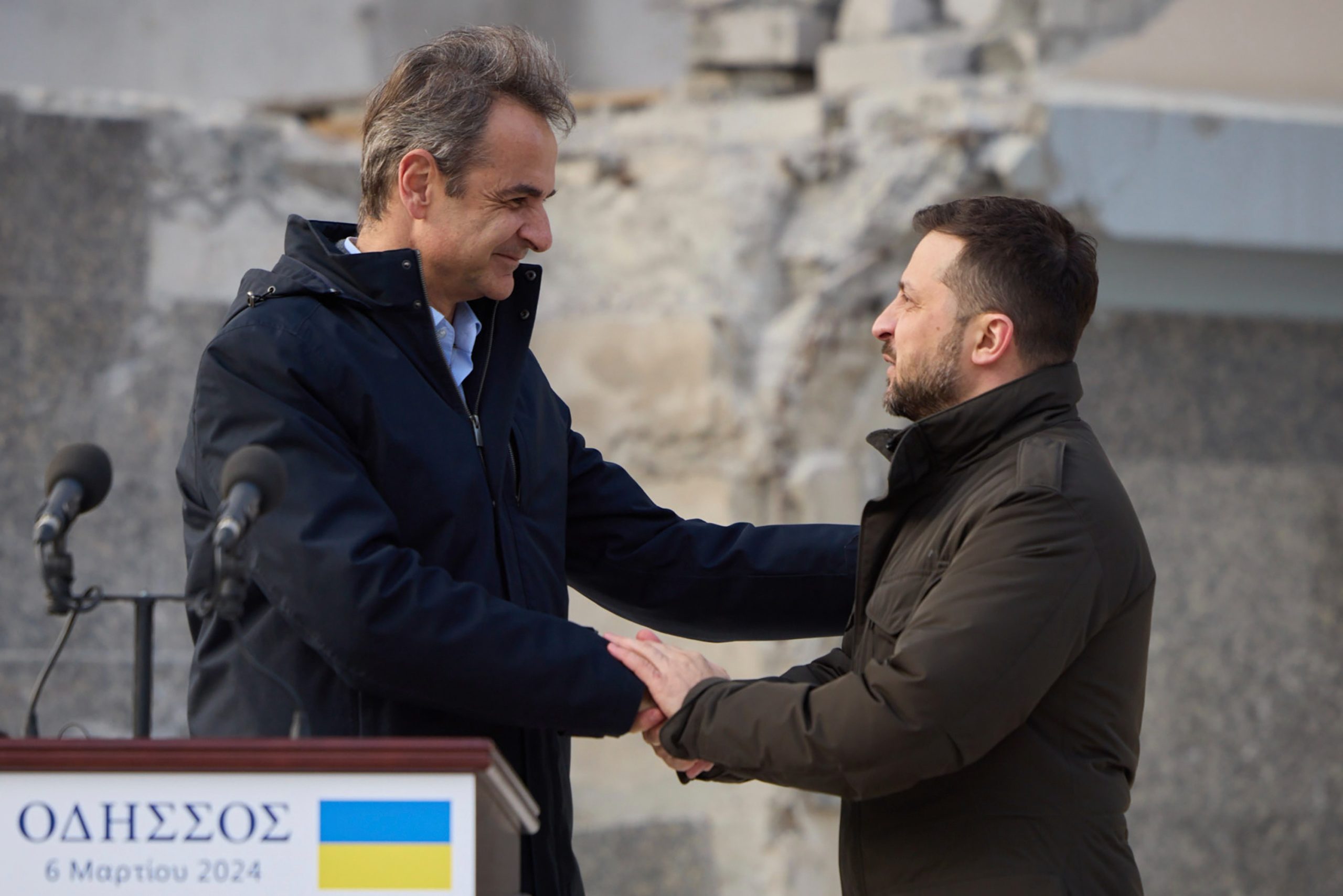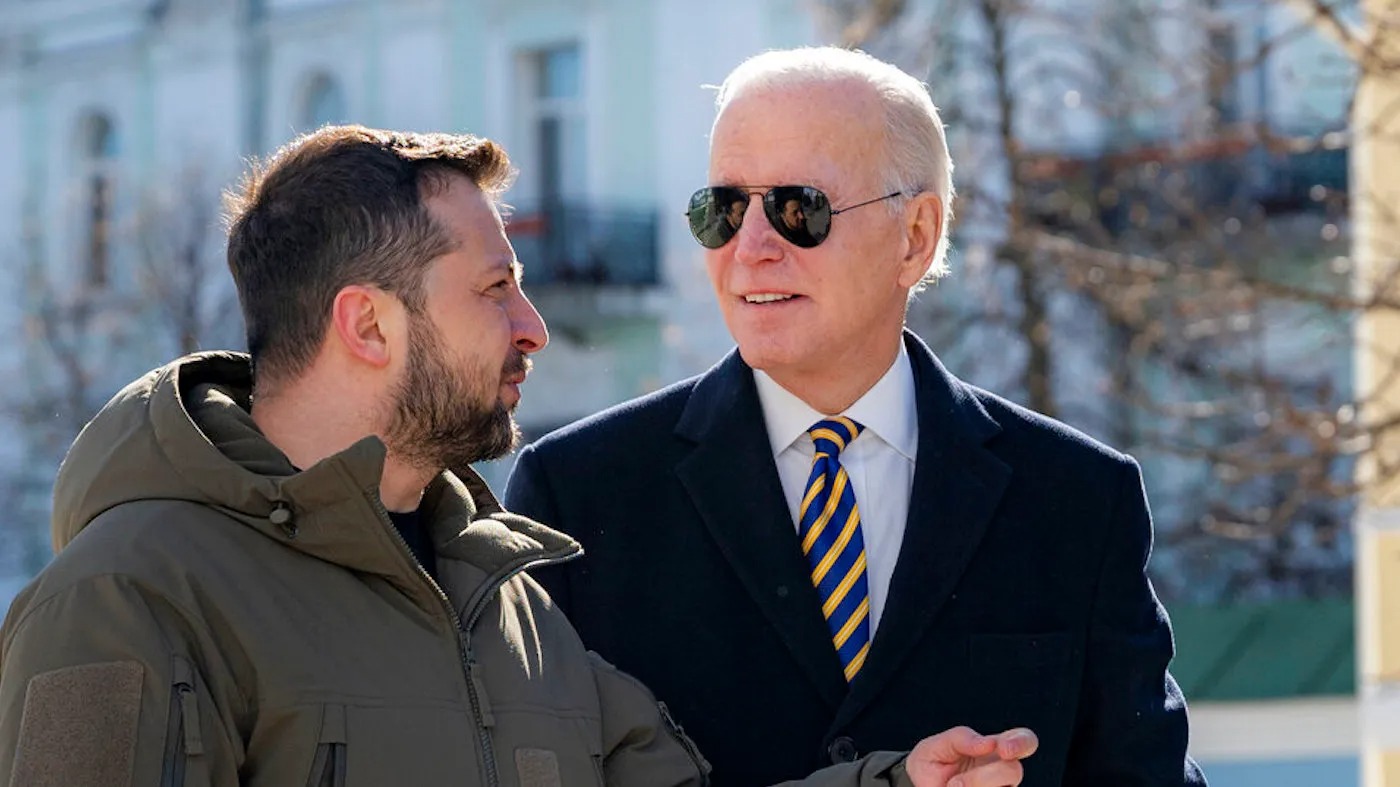A recent poll from The Associated Press-NORC Center for Public Affairs Research reveals that most Americans are hesitant to see the United States take a more active role in resolving global conflicts, including the wars in Ukraine and Gaza.
Only about a quarter of U.S. adults believe the country should increase its involvement, while roughly four in ten prefer a less active role. The majority view is that the current level of engagement is appropriate.
The findings highlight the complex challenges faced by both President Joe Biden and likely Republican presidential nominee Donald Trump in navigating foreign policy issues, particularly in the lead-up to the next election.

While tensions surrounding America’s role as the “world’s policeman” have become increasingly divisive along party lines, a majority of both Democrats and Republicans agree on the need for caution in expanding the country’s international engagements.
Republicans, in particular, are twice as likely as Democrats to advocate for a reduced U.S. role abroad, with many citing past interventions in countries like Vietnam, Iraq, and Afghanistan as cautionary examples.
This sentiment is reflected in their preferences regarding military resources, as Republicans are more inclined to prioritize domestic needs over international intervention.
Regarding specific conflicts, there is little appetite among Americans for increased involvement in either the Ukraine-Russia or Israel-Hamas wars. While Democrats are more supportive of aiding Ukraine, Republicans and independents are generally less inclined to support active U.S. intervention in either conflict.
The poll underscores the nuanced attitudes of the American public toward foreign policy, reflecting a cautious approach that prioritizes domestic concerns and questions the efficacy of past interventions.
